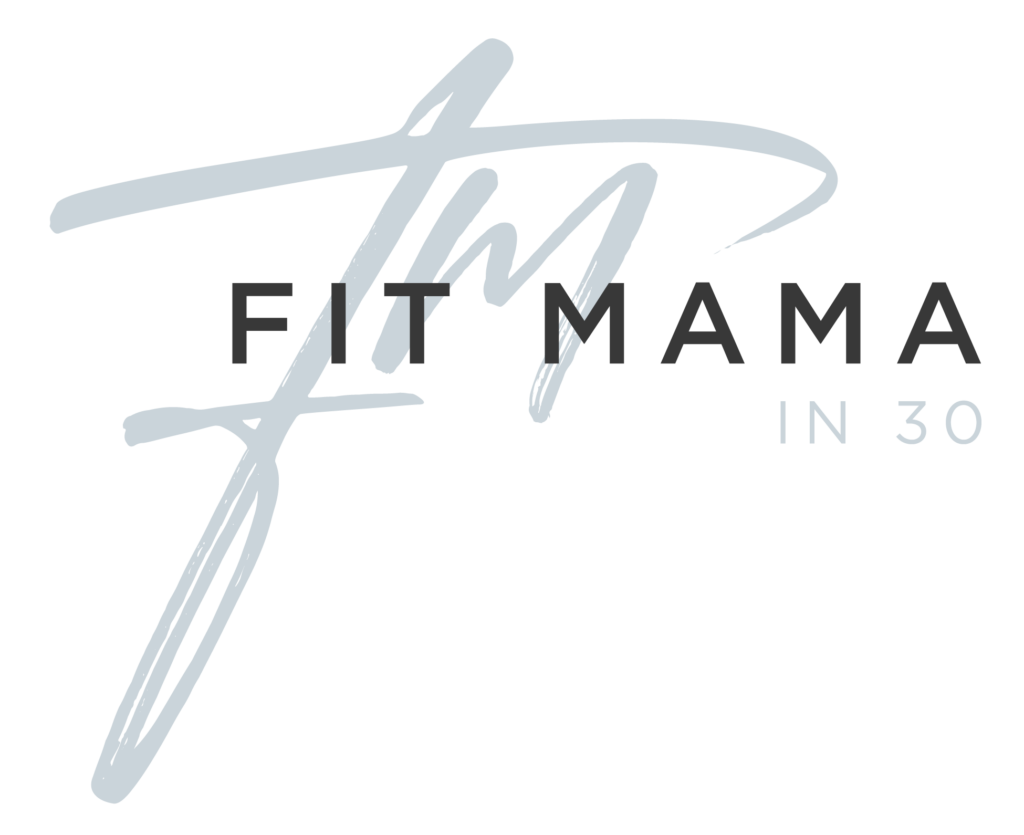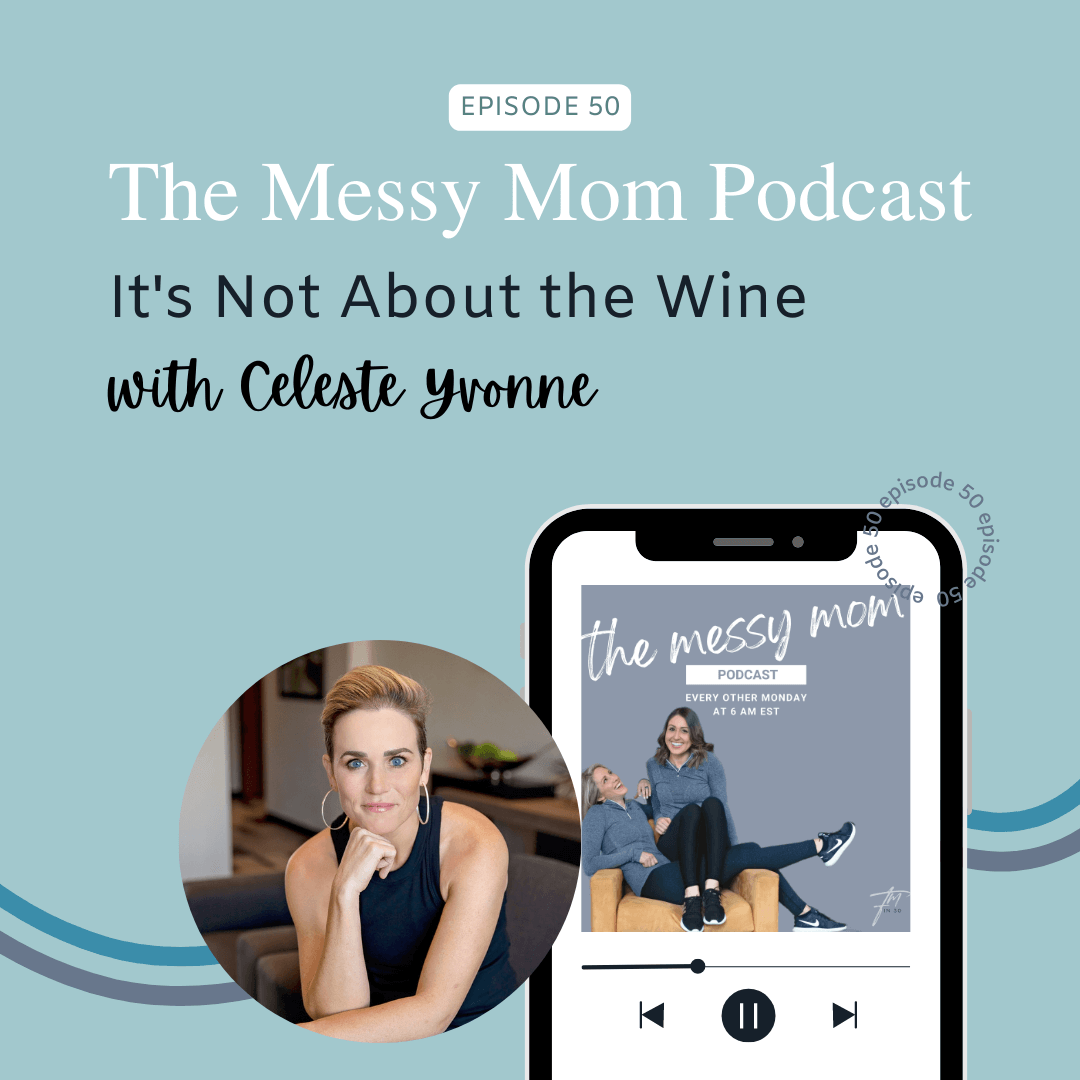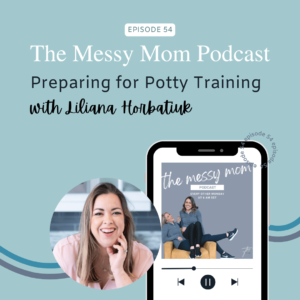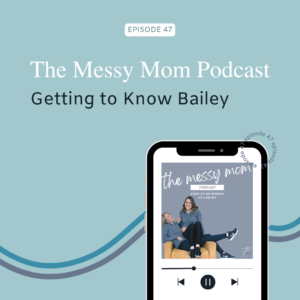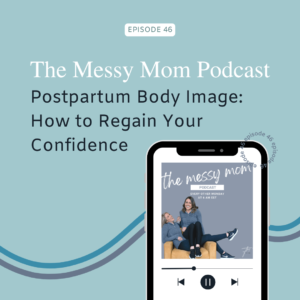It’s Not About the Wine
Hello Mama, we are so excited because we are celebrating our 50th episode! And guess what? We have an incredible guest for you. Joining us today is the amazing Celeste Yvonne, also known as the Ultimate Mom Challenge. She is a wife and mother of two boys, aged 7 and 9.
Before embracing her role as the Ultimate Mom Challenge, Celeste spent around two decades working in Marketing in corporate America. However, about a year and a half ago, she made the decision to pursue her passion for writing and gain more control over her life. And she has been alcohol-free for 5 ½ years.
During our chat with Celeste, she shares eye-opening perspectives that we had never even considered. Together, we explore the world of “mommy wine culture,” diving into what it is, the history behind it, and what it means to be sober curious. Additionally, Celeste shares her personal experiences with alcohol and offers us valuable insights into wine culture as a whole. Let’s jump in!
All About Mommy Wine Culture
We kick off our discussion by diving into what exactly mommy wine culture is and what Celeste thinks causes it.
Celeste starts by first being clear on what she is specifically talking about when it comes to mommy wine culture. She isn’t talking about someone who happens to be a mom and drinks wine. Her definition is, “Mommy wine culture is a social narrative that jokes or implies that moms need alcohol to cope with raising children.” She feels like moms feel enough shame for anything and everything. So, if somebody can safely consume alcohol in moderation, and that’s what they want to do, she is not here to shame or judge you. You do you!
So, when she is addressing mommy wine culture, there were a few problems that came to her mind.
The first is that this narrative and these messages like “mommy needs wine because my kids whine” or “my kids are the reason I drink” put the weight of our struggles to balance our home and work life on our children. This sends to our children, they are the reason we’re drinking. As someone who was the child of an alcoholic, she has a real problem with that because she understands the deep-rooted guilt and shame that adult children of alcoholics often carry throughout their entire lives. So for us to be promoting this message, not just in casual conversation, but on t-shirts, mugs, onesies that our babies wear, she has a real problem with that.
Another huge issue is it is distracting us from the real issues. Mothers are struggling for so many reasons. She says, “If we’re going to gaslight women by saying their struggles are something a glass of wine or two can fix, we are stepping away from what their struggles really are. I think of all the things that women struggle with, which is the lack of postpartum support, impossible parenting standards. I mean, social media alone makes it feel like we’re all failing in motherhood when you look at some of these feeds. Then, simply the cost of childcare, the lack of benefits, flexibility at work, unequal distribution of household labor, and then the mental loads.” So these things that women are struggling with are coming out through messages of “mommy needs wine” but it’s a symptom of so many larger issues at play for motherhood. And when we simplify it to a joke, we’re making light of really important topics.
The last issue that she has when it comes to mommy wine culture is that it implies that alcohol is a healthy or safe coping mechanism, which couldn’t be further from the truth. As she points out, “It’s one of the most addictive substances on earth and for us to be not only making light of it, but suggesting it to mothers who are newly postpartum, mothers who are more prone to postpartum depression or anxiety, and really in the hardest parts of motherhood. When you are sleeping, you’re on this new cycle, and trying to learn all these new things about how to parent, throwing alcohol at them like this is something as simple as that. It can be downright dangerous.” It was for her. She just feels like we could be doing this better and she’d like to see us improve.
A lot of people ask her, ‘What’s the difference between this and the whole mommy needs coffee narrative?’ And of course, there are a lot of things that are different between the two. With coffee, it’s consumption doesn’t lead to consequences like drinking and driving with their children or losing custody for drinking too much. These are two very different subjects. Alcohol, on the other hand, causes immense harm and contributes to many deaths every year. And for us to make such light of it, it’s something that we in the United States have been doing for a really long time but it needs to stop. It’s an inappropriate message, targeting a market of moms who don’t essentially know any better. Nobody talks about the implications of trying to manage a newborn hung-over about the implications of anxiety while parenting or if you are struggling with postpartum depression and taking medication for that, how it could negate completely the positive effects of that medication.
We can still talk about how hard motherhood is but there are other ways to do it, where it doesn’t harm our children or push an irresponsible message. And that’s where she thinks we need to find a different way to approach this.
Mommy Wine Culture History
The next question that Bailey asks is if Celeste thinks social media was the start of mommy wine culture or does she think it’s always been there pre-social media?
Celeste actually did a lot of research on this for the book and this whole ‘mommy needs to numb out’ concept has been going on for a long time. She says, “It goes back to the 50s and 60s when you think of the Rolling Stones, Mommy’s Little Helper. That wasn’t speaking to alcohol, that was speaking to Valium, but it was the same premise that mommies have been trying to escape, to numb out, and to step away from the challenges they were facing for a long time. And once the government kind of got ahead of the prescription drug issue that the country was having in the 60s and 70s, that’s when the market shifted to alcohol. Then that’s also when the alcohol industry ramped up its targeted marketing towards women.”
And she continues, “What I think is in 2009/2010, when Facebook became everywhere, everyone in the United States seemingly had a Facebook, that’s when the message just really took off to mainstream because going viral is so much easier. One message could be so easily copied and shared across entire populations. And that message hit a nerve for a lot of moms, it spoke to something that many of us, myself included, were dealing with, which is we are overwhelmed, exhausted, nobody’s listening, we’re not getting any support from our workplaces, give me a glass of wine because I don’t know what else to do.”
The Pandemic’s Impact on Alcohol Use
Cari bounced the next question off that and wondered, if she thought the pandemic made that even worse?
She says big time. The Washington Post did an article on this about how much alcohol use spiked, not just with women, but with everybody. She, as someone who was in recovery during the pandemic, knew this data was coming because they saw it firsthand. When she thinks about the fact that alcohol is the cheapest, most readily available drug to adults in America, followed by the fact that it’s the only drug we need to explain not using, this felt inevitable.
Then when you think about the pandemic, specifically, in March 2020, when everything in the United States just seemingly shut down overnight. That included recovery meetings such as local recovery and AA meetings. They all shut down. One of the only businesses that did not shut down during the pandemic was the local liquor store. Not only that, but they expanded their services to offer drive-thru and delivery.
Unfortunately, many people in recovery at the time relapsed. She saw many overdoses during that time. So when we see the spike in data, I don’t think anyone was surprised. It was clear a lot of people were using alcohol to cope during a very unprecedented time.
Flipping the Script: Supporting Moms
This led us to the next question about exploring ways to flip the script and support moms. Instead of being their drinking buddy who uses humor to cope, what strategies can we start implementing and how can we start talking about it?
Celeste suggests some good starting points are:
- Speak to the challenges of motherhood
- Explain why the mommy wine culture narrative is so problematic
- Offering mothers genuine support when they’re struggling versus just dismissing someone’s cry for help with humor when their vulnerable
- Saying it’s something that alcohol could fix
There are also many things systemically we need to be doing and it comes down to legislature. But some of that is starting to happen, she read there are sites and social media feeds that are focused on giving mothers better support prenatally and postnatally. So, she says pay attention to that, follow those accounts, see how you can support them, support their message and lobbying efforts. Some of these things are going to be harder to do on a grassroots level, like the cost of childcare. But when we start having these bigger conversations, we can help create a more powerful, wave to change. And that’s what she’d love to see.
On top of that, she thinks about postpartum support and how do we get better screenings for mothers who are struggling with depression or anxiety without them feeling like they have to lie to protect themselves and their children. Because that’s still a stigma that so many of us face and prevents us from being 100% honest with the doctor because you just can’t trust what would happen if you were.
Another aspect she thinks about is the mental load of motherhood, encompassing parenting responsibilities, household duties, and the added emotional labor of setting the family’s tone, organizing schedules, and acting as the family planner. But there’s things we can be doing to lighten our mental loads as mothers, which for example, is a more equitable distribution of labor on the home front, if possible.
Having those conversations is a critical step to making that kind of change. Not many of us are having those conversations either, and that’s something else she would love to see. Plus, that’s something we can be communicating with mothers who are really in the trenches and struggling, that there are things we can be doing right now to support our own individual mental health.
Cari points out to also challenge the social norm by finding different things to do. For example, if you have a free hour on Wednesday, instead of going to happy hour think about some other fun ideas like a workout class. You can still have real conversations but it doesn’t have to involve always going to the same restaurant and having the same happy hour.
Celeste couldn’t agree more. Shaking it up is such a great start, like suggesting more than just going out for drinks. But even if you do go for drinks, order a mocktail or have that conversation with your friends about why you’re not drinking and breaking that stigma of, ‘this isn’t something I’m ashamed of and this isn’t something to be hush-hush around.’ It’s just making it a non-issue, instead of something where you feel like you have to keep it top secret and nobody can know.
Another great place is in your networking groups or even at work. You don’t have to say you don’t drink, but ask if we can offer cocktail and mocktail options. They should be more than happy to accommodate mocktail options for whatever the social gathering is. They probably just didn’t think of it.
This is how we change things. It does require people who are thoughtful, of course, but it’s when you shift the expectations and have these conversations, we make these changes.
Overcoming Shame and Embracing Sobriety
Bailey couldn’t agree more with her last point and felt like she could relate because, for example, a bunch of her friends if you don’t order a drink when you are out, it’s ‘Oh, you’re pregnant aren’t you?’ Where it’s actually like, ‘No, I just don’t really feel like drinking tonight.’ It’s this awkward situation when it shouldn’t be. So she loves what she is saying that we need to make it the norm that just because someone doesn’t order a drink, it shouldn’t be a big deal for any reason.
Celeste thought so too. But unfortunately, it is like that, especially when you have always been considered ‘the heavy drinker’ like she had been most of her life. When she was pregnant, she would walk around with drinks that she never drank, because she didn’t want people to think she was pregnant just yet. It makes her laugh now because of how we bent over backwards as if it were unthinkable for anyone to assume otherwise.
Now, of course, she is happy to tell people that she doesn’t drink. But the first year sober, she didn’t tell anyone. The only people who knew were her mom and husband because she had so much shame. She felt like she had lost her adulting card and was now forced to sit at the kiddie table for the rest of her life. But she is more vocal about it now. Though also knowing some people aren’t there yet, Some people will never be there (and that’s okay too!) There’s no wrong way to approach this. And it doesn’t require you to be permanently sober. Anybody who’s exploring a sober lifestyle or wants to support their sober friends can be the one that says, “Hey, you should consider including sober options at that barbecue.”
The Challenges of Being a Mother in the Workforce
This led Cari to her next point. She says, “Imagine how many women would return to the workforce if you said, you know what, if getting your kids on the bus in the morning is important and you can’t be in till 9:30, then you should do that.” She can’t imagine the stress it would take off. Again, if you start adding up the reason why some people drink and it’s all these stressors if you can eliminate simple things, those little things add up.
Celeste thought so too. She thought, having that flexibility at work is so critical, and yet so few companies offer that or are supportive of that. Some are, but more need to be. As we have more people returning back to the workplace post-pandemic, she thought, “How could I possibly go back to work when I’m taking my kids to two different summer camps? And I’m in charge of all the driving, then when something happens, and my kid has to stay home, now all of a sudden, I’m in charge of watching the child for the day. I mean, you just can’t predict what’s going to happen at any given time. And to be expected to be at work from 8-5, every workday. It was not designed for a mother, it was never designed for a mother. And for us to assume that mothers can shapeshift to magically fit into this without losing anything else or any part of her identity or life is ignorant and ridiculous. If people want to be more inclusive of mothers in the workforce, they need to be more accommodating of a flexible schedule, of the challenges that mothers are currently facing around all these things, including mental health, the mental load, and generally, for many of us, sadly, being the default parent.”
It’s Not About the Wine
Now, Celeste has another huge accomplishment that we wanted to discuss which is a book she wrote called, It’s Not About the Wine: The Loaded Truth Behind Mommy Wine Culture. So, we asked her to share anything and everything that she want about the book.
So, she started this book a few years ago, then the pandemic happened and the book completely changed. But she is so glad it did because everything that she thought about mommy wine culture, about her own sobriety journey, and about how we can support mothers’ changed too, and it kind of ripples throughout the book.
She wants to create a sober movement where people can feel empowered in their sobriety, where there’s no shame or stigma, and where anybody can get sober curious without fear of being talked about, ridiculed, or mocked. That this is just a normal thing for anybody to try and experiment with and just see where it goes. So when she wrote this book, one of the things she was thinking about was the effects mommy wine culture had on her own life. And of course, her thought was, ‘It’s not that simple, right?’ Mommy wine culture is just a symptom of all these larger issues. Why aren’t we talking more about the impact of the mental load of motherhood and how it really puts us in this place where we do feel drained, weak, susceptible, and need something to cope with, which is when a lot of people turn to alcohol. So that’s kind of what the framework of the book started from.
But over time, she talked to other sober mothers about their journeys, she did a lot of research, and she talked to experts/therapists about what they recommend.
In the end, she came up with these ways that mothers can find support, can take care of themselves, and can break through some of the heavier parts of the mental load of motherhood without wine.
Bailey also felt her book came out at a great time because it feels a lot of people are interested in being sober curious, including a few of her friends. Celeste agrees we are seeing it rise in popularity. The growth of dry January, dry July, and sober October is significant. The non-alcoholic/mocktail market is exploding right now as well. But generally, she thinks it’s trending and it’s a great thing including hearing celebrities speak more about being sober curious. She thinks all these things add up to help break that stigma that you need to have a reason to not drink.
Celebrities and Alcohol Beverage Brands
Bailey had one more question because she had mentioned celebrities. She wanted to know Celeste’s thoughts on celebrities that don’t drink, but then make alcoholic beverages to sell.
Celeste thought this was a great question because it can go either way. Everyone’s got to get a check. Yet at the same time, your entire brand is built in part on you telling the world, ‘I’m sober and I don’t drink’. Then you build this alcoholic beverage that you’re selling. But it comes down to money at the end of the day. Values aside, everything else aside, it’s all about getting that check at the end of the month. Everyone’s going to do that differently.
But who is she to say that if she was this mega celebrity and somebody told her they would be sending her a check for a million dollars a month by throwing her name on some random brand, she wouldn’t say yes to it? So, it’s hard for her to be like, ‘No, never. How dare they?’ But at the same time, she has to imagine their brand will be impacted by it in some way, somehow.
It’s a give-and-take. If the value of their brand in sobriety is not important enough for them to not monetize off of, then that’s what they want to do with it. But she has to imagine for others, they would rather maintain this sober stance that they have lived for a certain while because that’s part of a message and they don’t want to give mixed messages.
With that, we want to thank Celeste again so much for joining us on the 50th episode of The Messy Mom podcast. We love her honesty, vulnerability and think she’s going to help so many more moms on top of the ones she has already helped. We can’t wait to see what her book does. We’ve learned a lot, it’s been eye-opening and educational.
Finally, if there is anything that anyone takes away from this message, it’s that sobriety isn’t deprivation, it’s liberation. You really have nothing to lose by taking a break from alcohol and you have everything to gain. So it’s worth getting curious about.
This is only the beginning of our conversation on It’s Not About the Wine with Celeste Yvonne. Listen to the full episode wherever you listen to your podcasts.
Resources mentioned:
- The Washington Post Article
- Celeste’s book, It’s Not About the Wine: The Loaded Truth Behind Mommy Wine Culture, comes out in September. Preorder it here!
- Connect with Celeste on Instagram, Facebook or TikTok @TheUltimateMomChallenge
- Find us over on Instagram @fitmamain30
- Try any of our Fit Mama in 30 programs completely free for seven days. And if you decide you want to stick with us after the seven days, you can get $10 off your membership with the code PODCAST at checkout.
